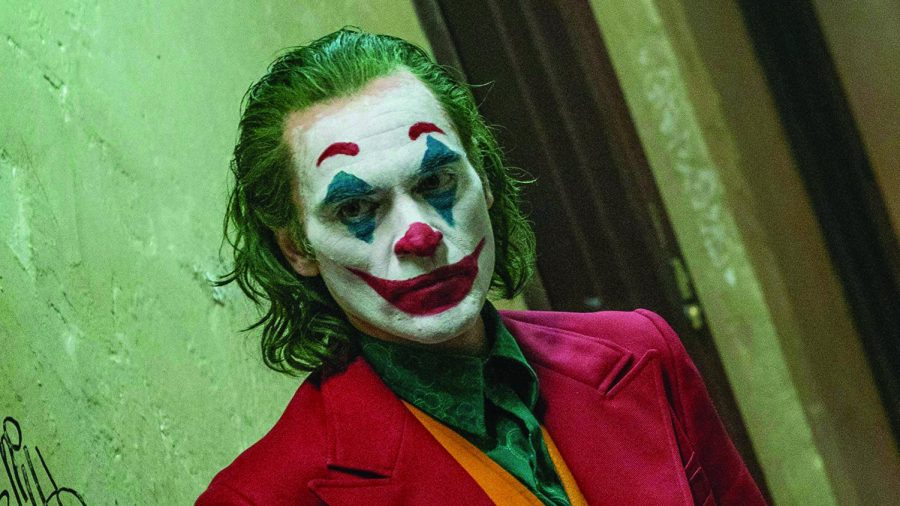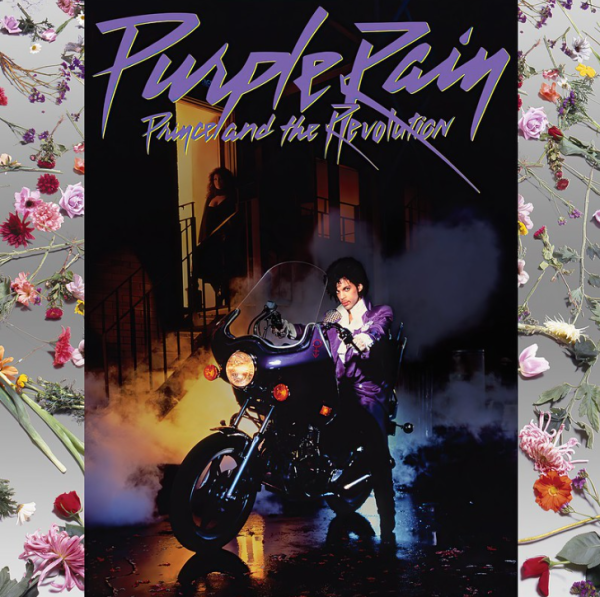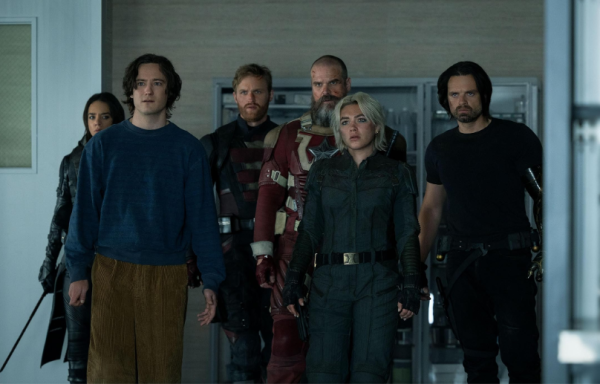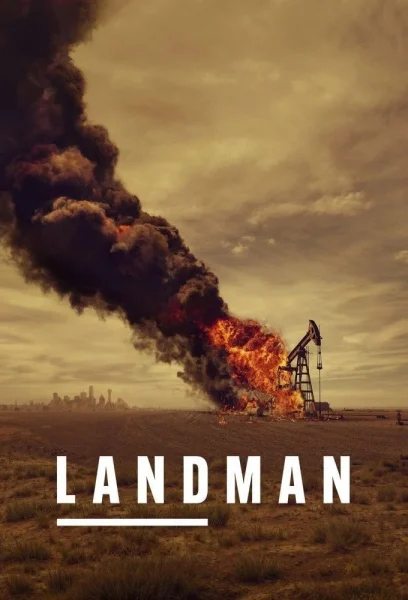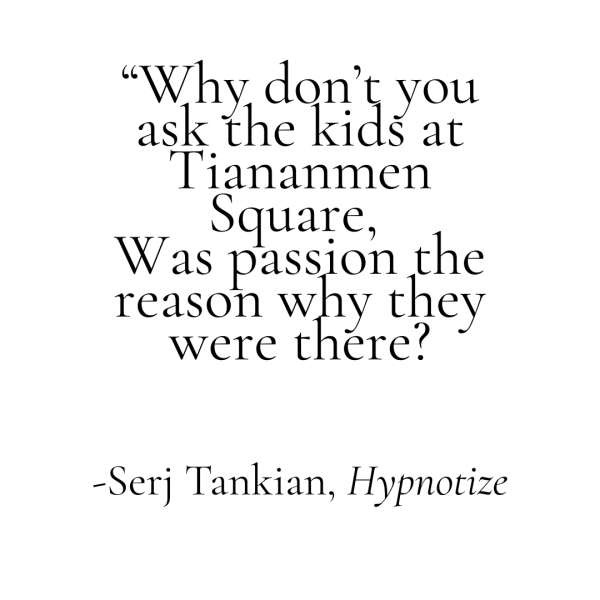Joker succeeds despite surrounding controversy
On Oct. 4, Warner Bros. and DC Entertainment released the gritty origin story, Joker. The joker is the most famous DC villain, and the arch-nemesis of Batman. The movie follows a mentally-ill Gotham resident, Arthur Fleck, through a dark series of events that eventually create his alter-ego, the Joker. This is not DC’s first R-rated film, but it is the first to come to the main screen. Despite the controversy surrounding the film, it is succeeding massively at the box office.
One of the aspects that gives this movie its disturbing factor is the implications of its time period. The story takes place in 1981, before the invention of social media and behind screen abuse that happens today. This means all the abuse Arthur Fleck receives from society is on an entirely personal basis. He is brutally beaten up multiple times and continuously harassed for his uncontrollable laughter, among other things.
This film reveals that Fleck suffers from pseudobulbar affect, or PBA. This neurological condition causes uncontrollable outbursts of laughter or tears in situations that are inappropriate for those reactions. The film uses this condition extremely wisely. For example, at the beginning of the movie, Fleck laughs when he is upset by how others treat him. By the end, his mental state has deteriorated so severely that he laughs because he genuinely finds suffering humorous. This smart detail plays beautifully into the film.
The cast of the movie was extremely well chosen. Joaquin Phoenix, who plays Fleck, is a seasoned actor with more underground films. The film also used actors such as Robert De Niro and Frances Conroy, who both played their characters beautifully.
But this subject matter has brought a lot of controversy. Some viewers worry that the film would inspire sympathy for a domestic-terrorist type character like Fleck. In an age where shootings are unfortunately frequent, the fear of this film inciting more of them is understandable.
For example, the Century Aurora theatre in Colorado chose not to show Joker this year after a mass shooting occurred there during a showing of The Dark Knight Rises in 2012. According to The Vulture, the shooter, James Holmes, referred to himself as the Joker to two federal officials. Some parents of his victims requested that Warner Bros. Studio donate to gun control organizations. The studio issued a statement saying, “Warner Bros. believes that one of the functions of storytelling is to provoke difficult conversations around difficult issues. Make no mistake: Neither the fictional character Joker nor the film is an endorsement of real-world violence of any kind. It is not the intention of the film, the filmmakers, or the studio to hold this character up as a hero.” But the studio also donated $2 million to the victims and survivors of the Aurora massacre.
While Joker was a well done movie, it didn’t seem to be anything spectacular. No significant complaints were raised, but it just doesn’t seem to live up to the hype. There was some drawn out moments that seemed unnecessary, but nothing that truly tarnished the integrity of the movie.
So far, this film is crushing it at the box office. According to Box Office Mojo, it has made over $700 million since Oct. 25. It broke the record for the best October opening, previously held by Venom in 2018, according to Wired. Joker is also projected to break the record for the highest-grossing R-rated movie ever.
Due to the violent and graphic nature of Joker, the film is definitely not appropriate for younger viewers. Although it is an enjoyable movie for fans of the character, it isn’t anything fantastic. It’s good for viewing casually, it doesn’t really deserve the hype surrounding it. For these reasons, Joker gets a 6/10.

